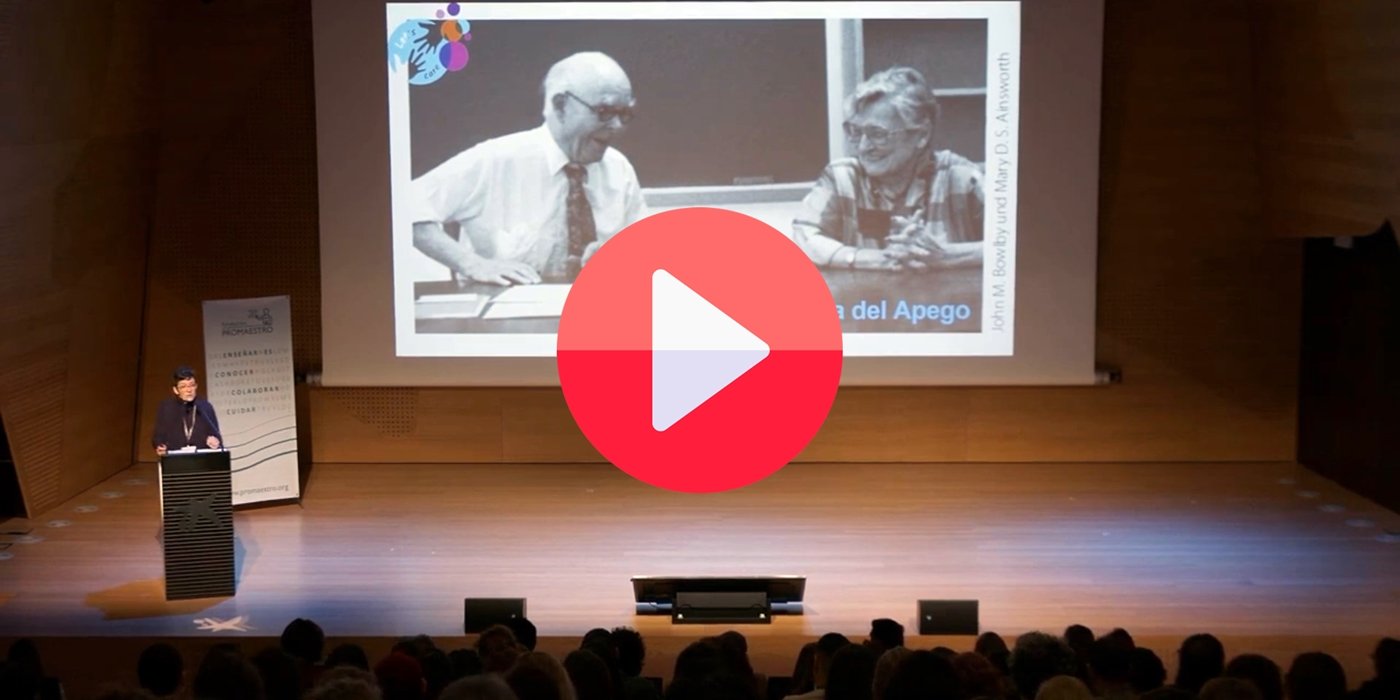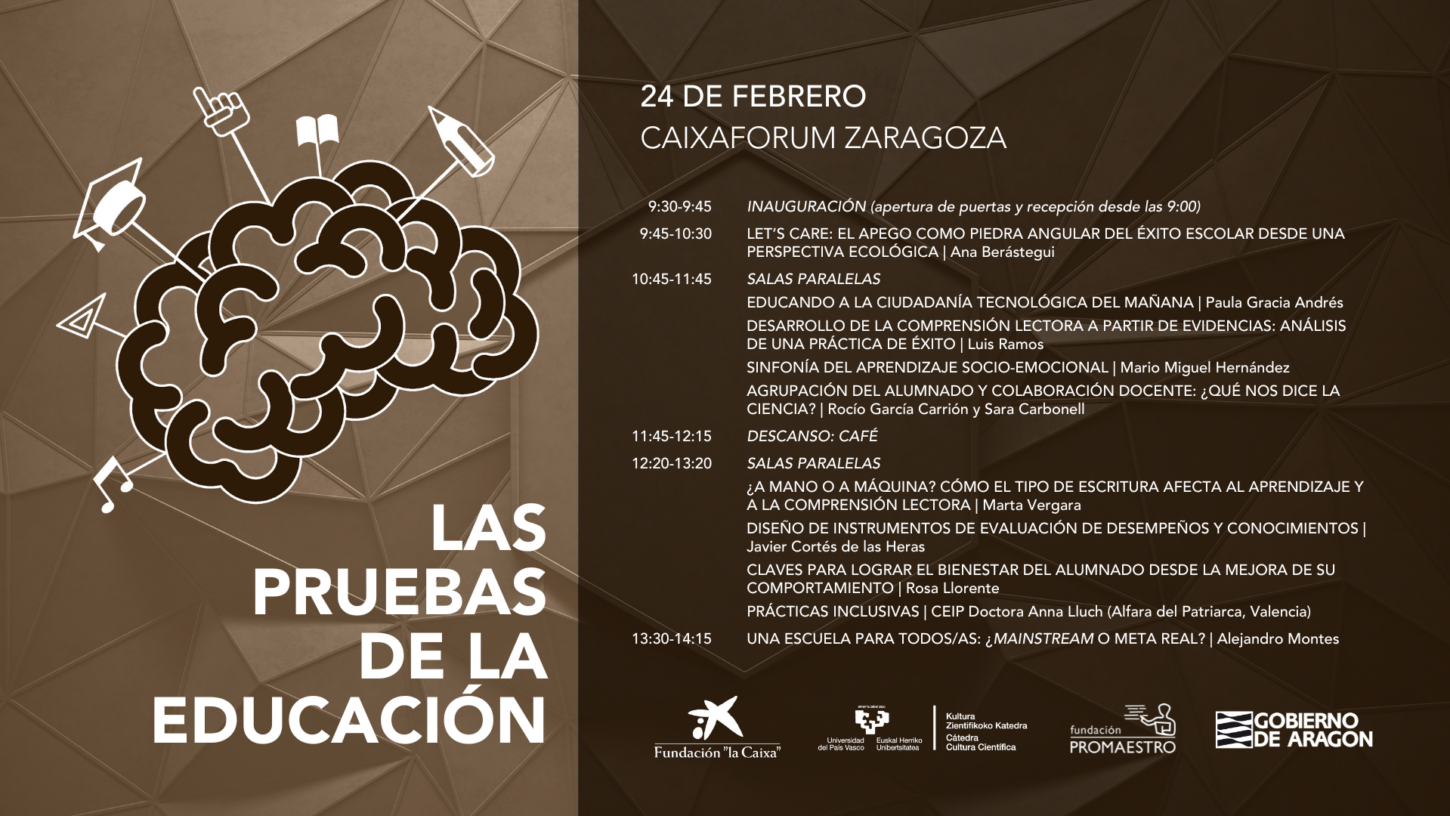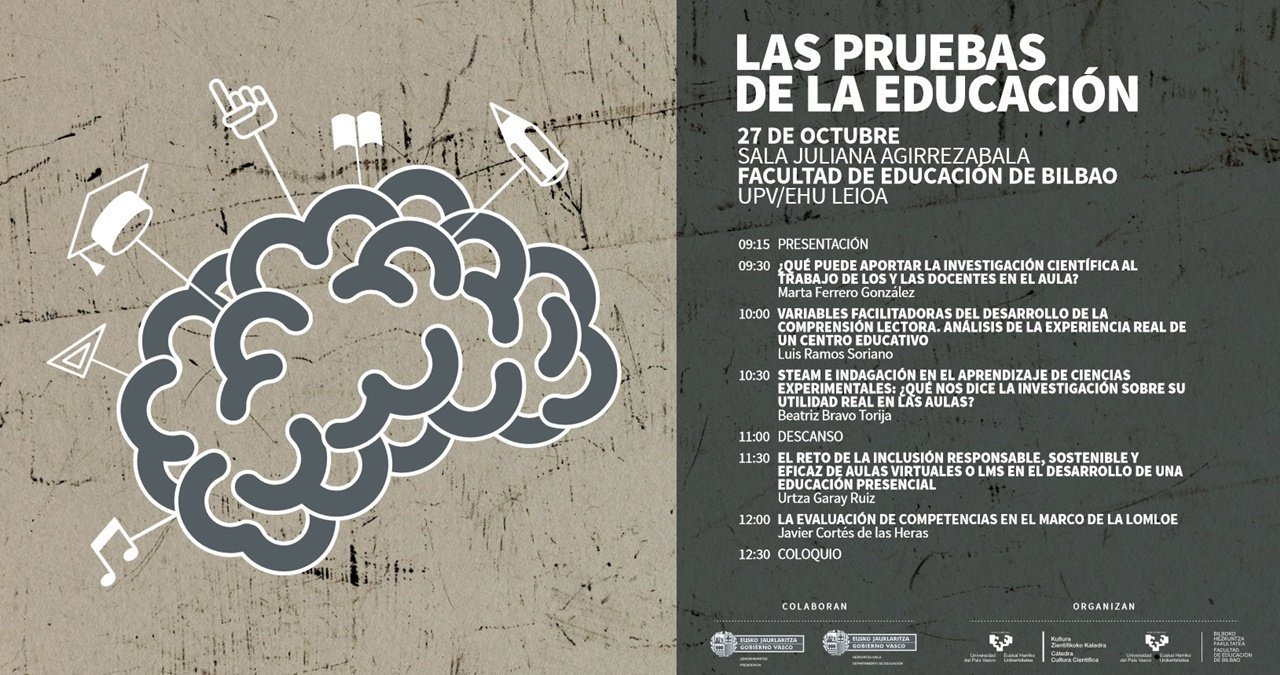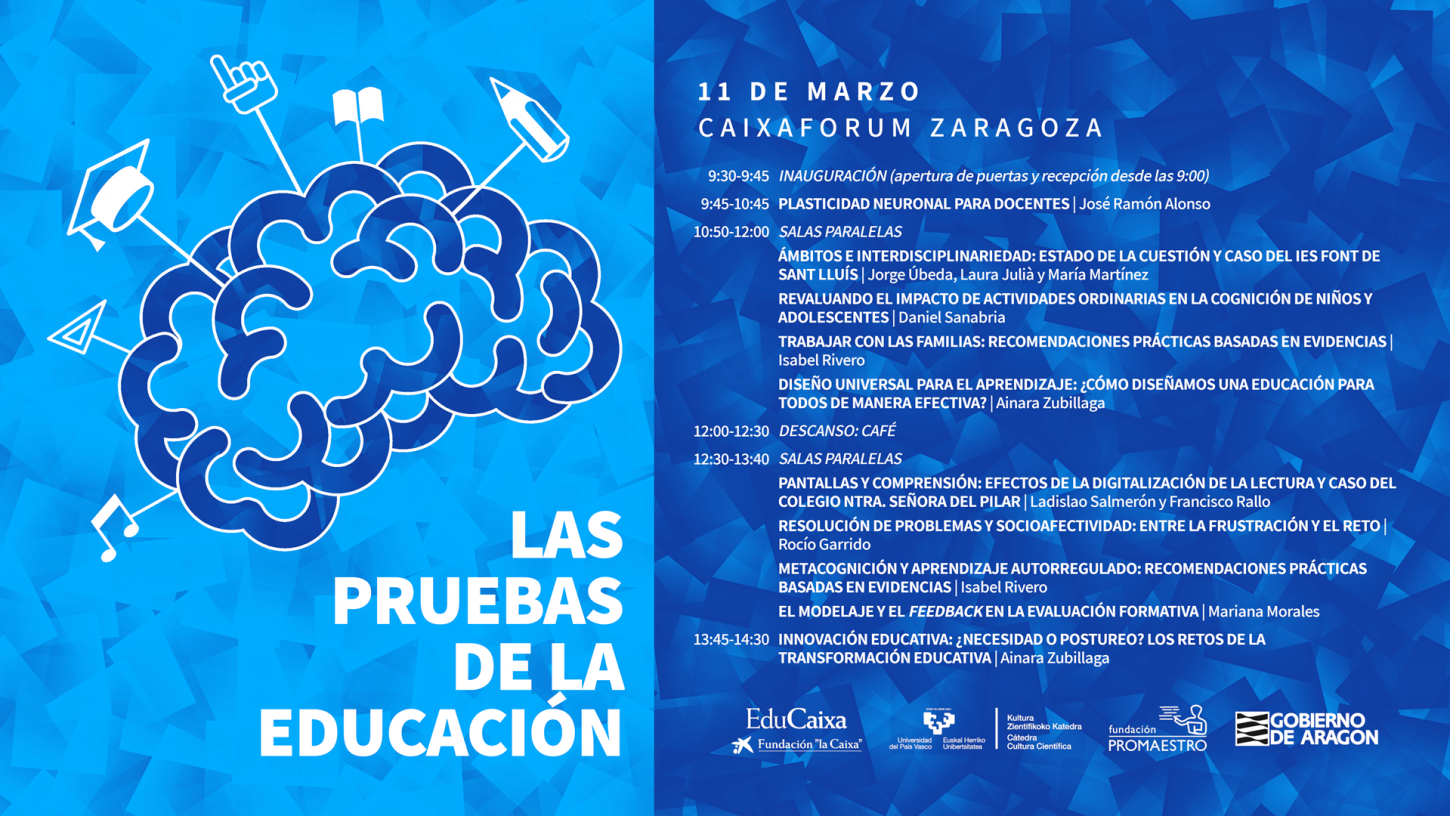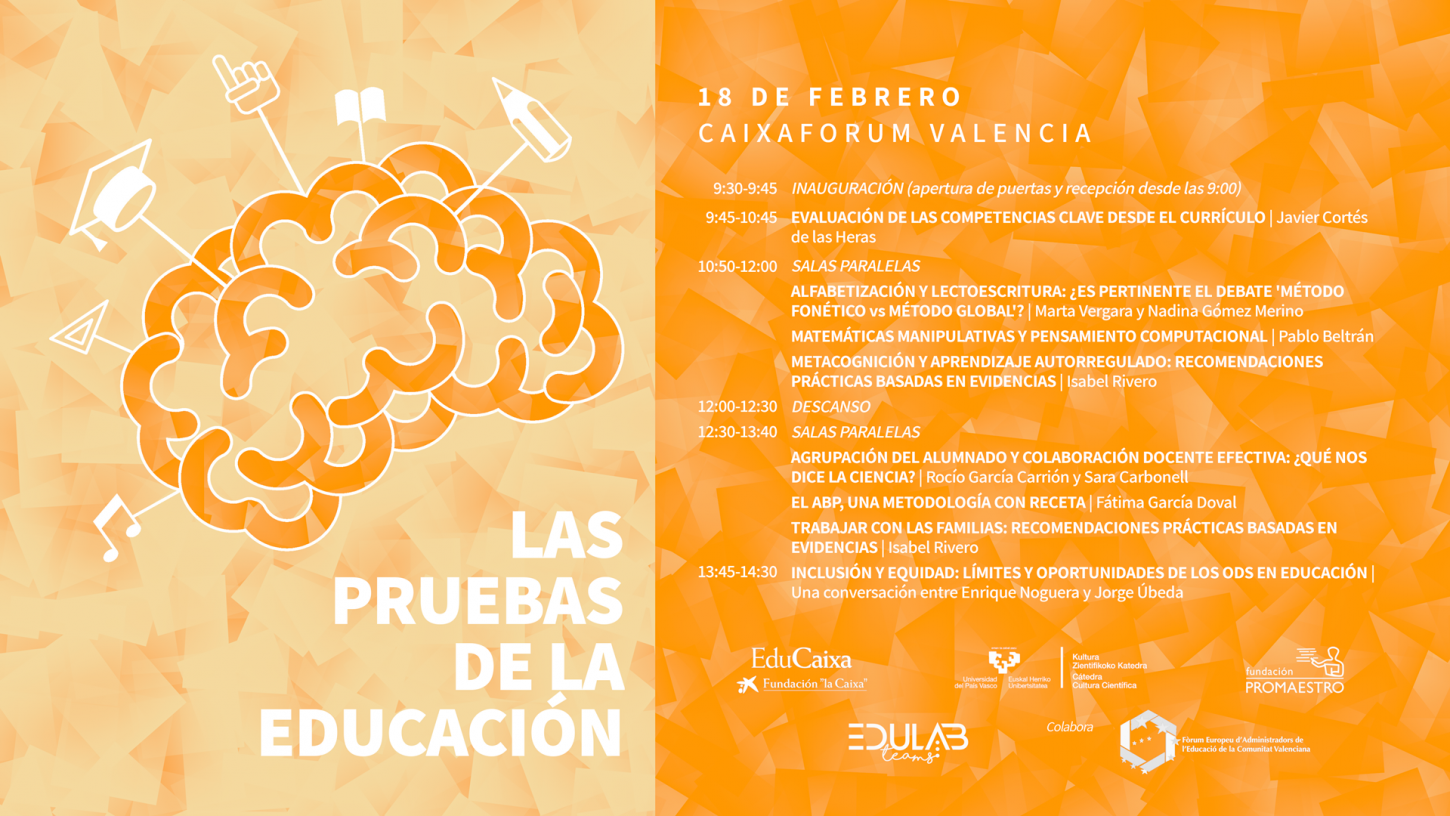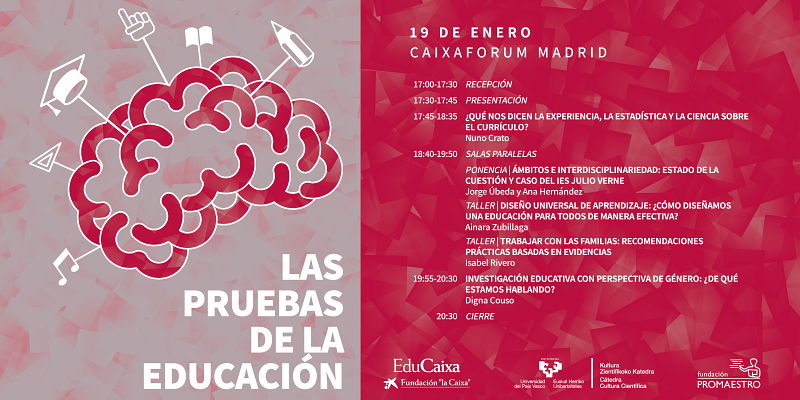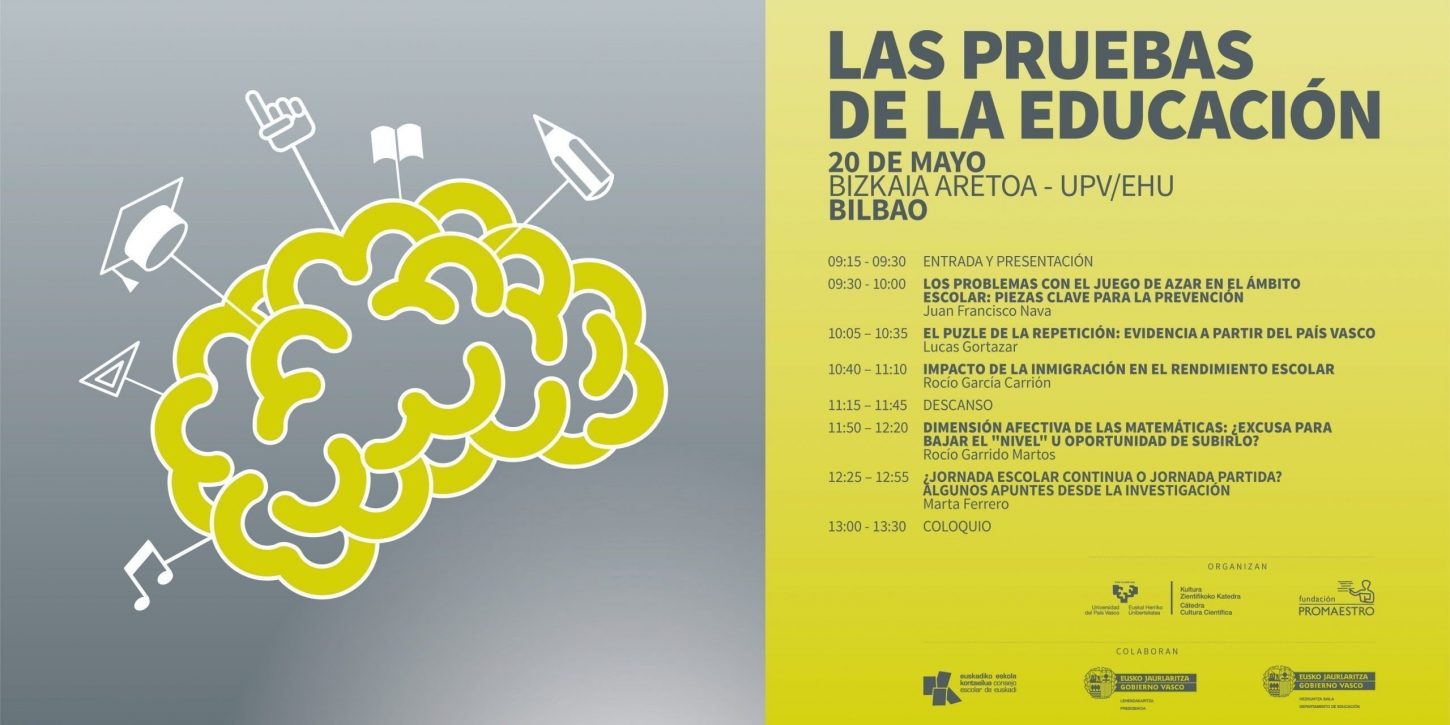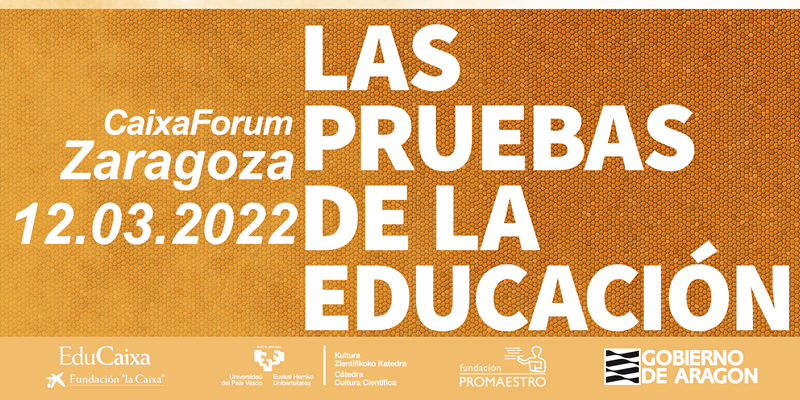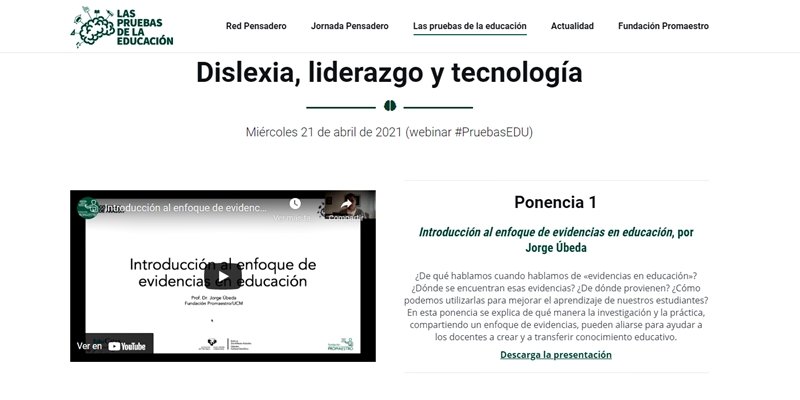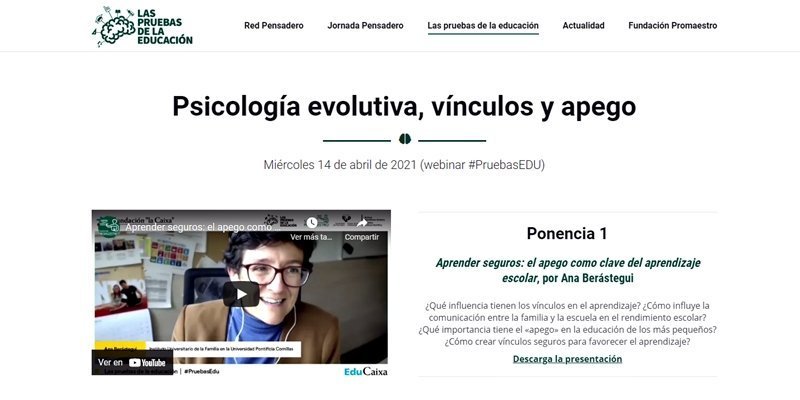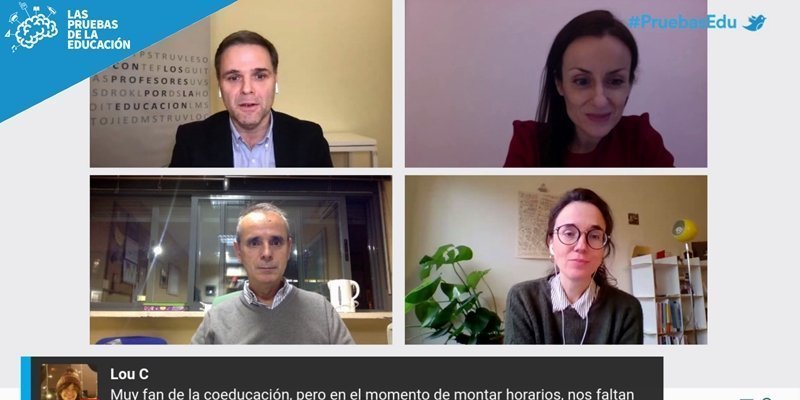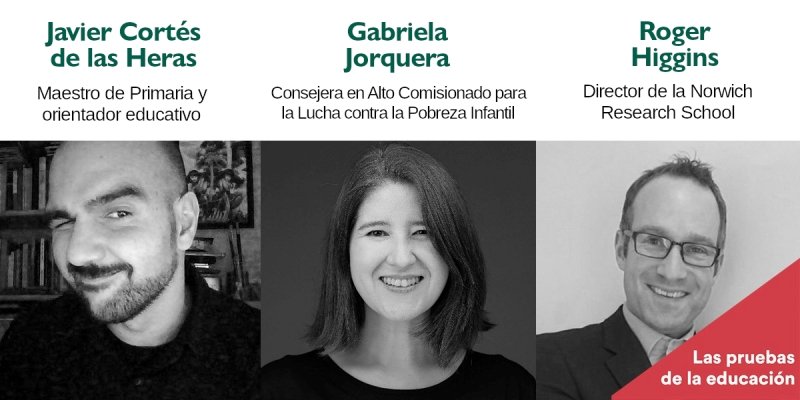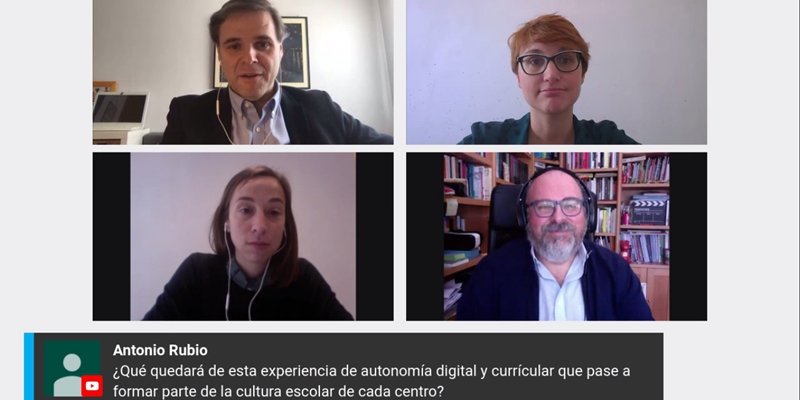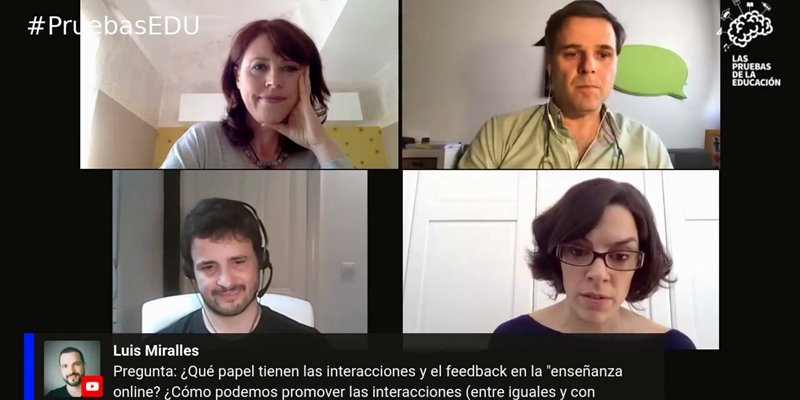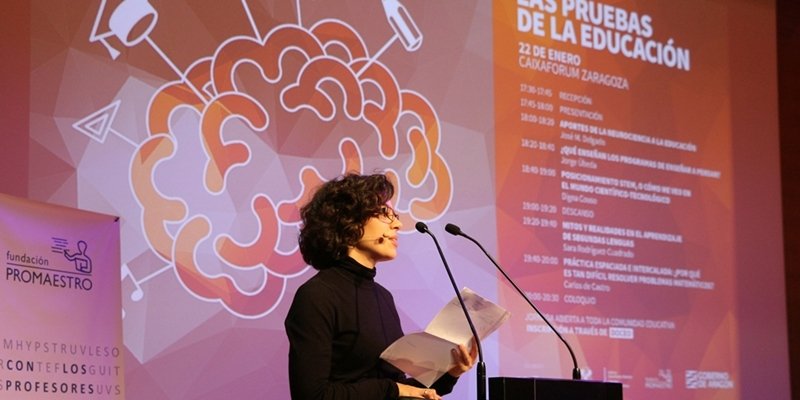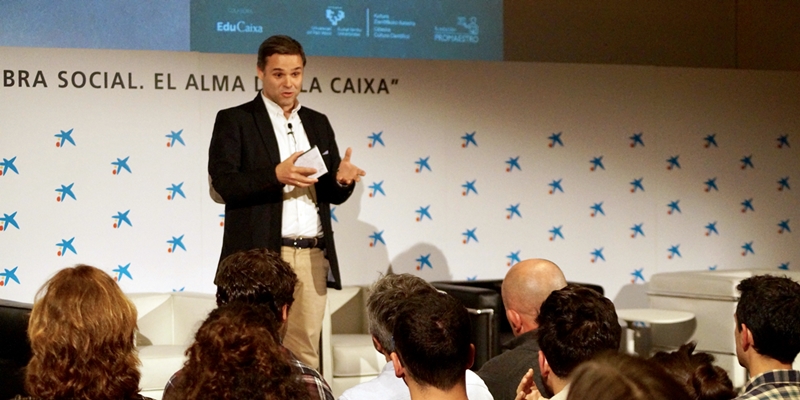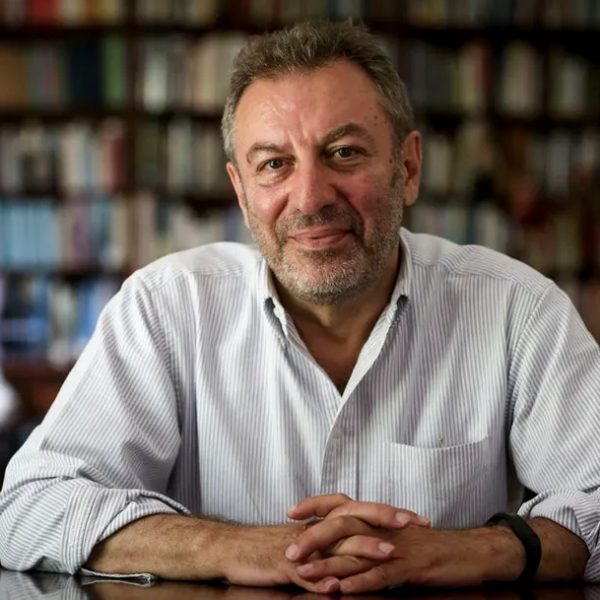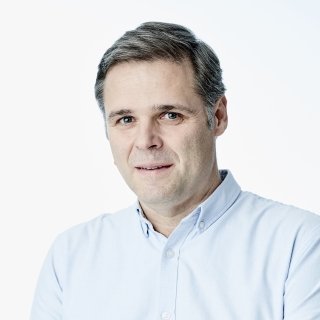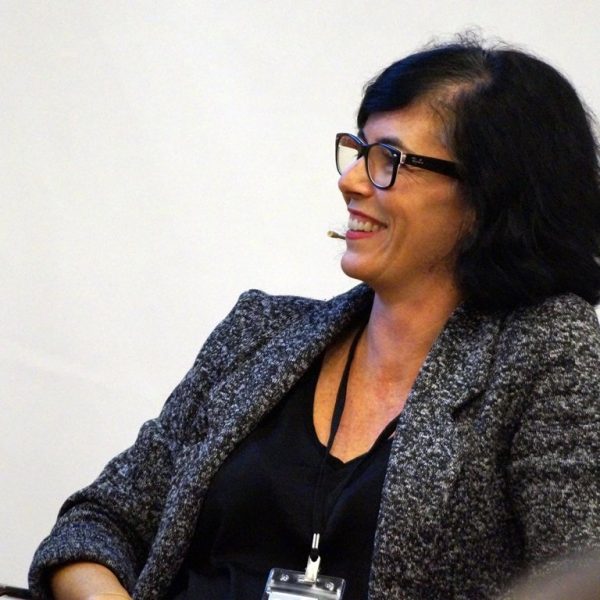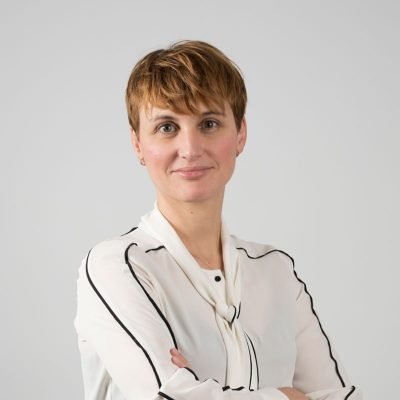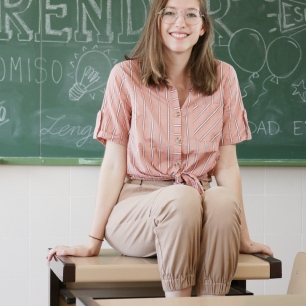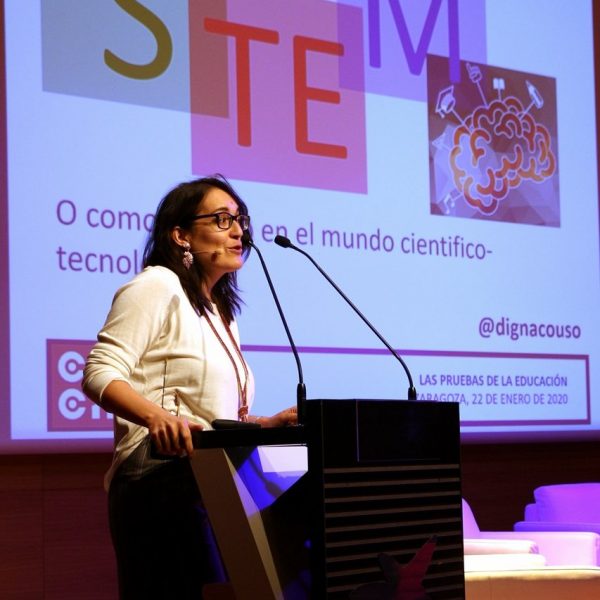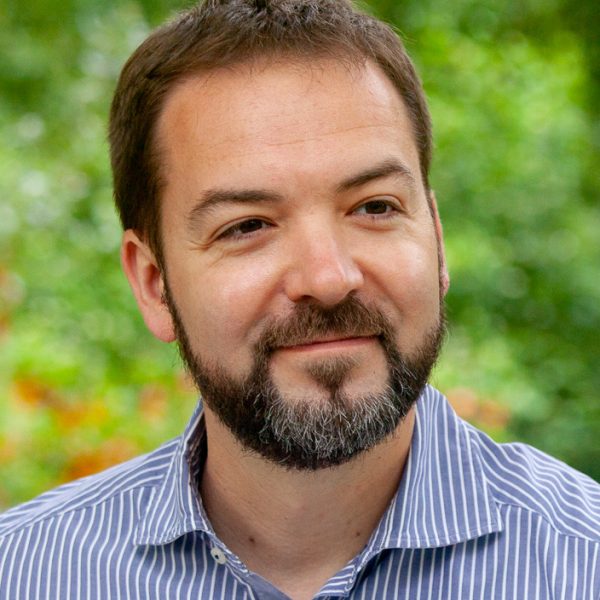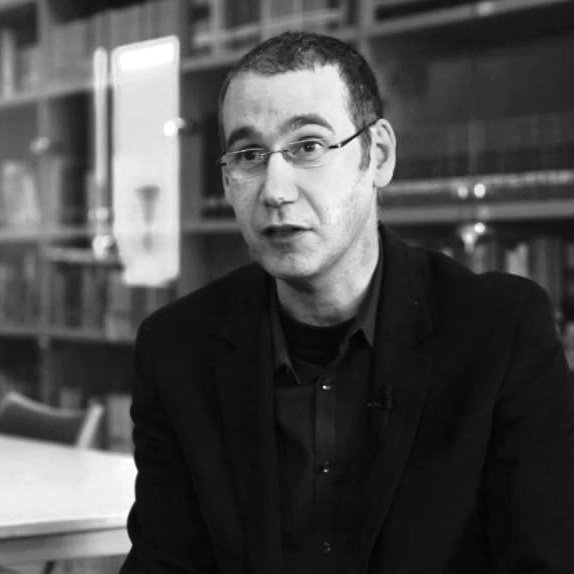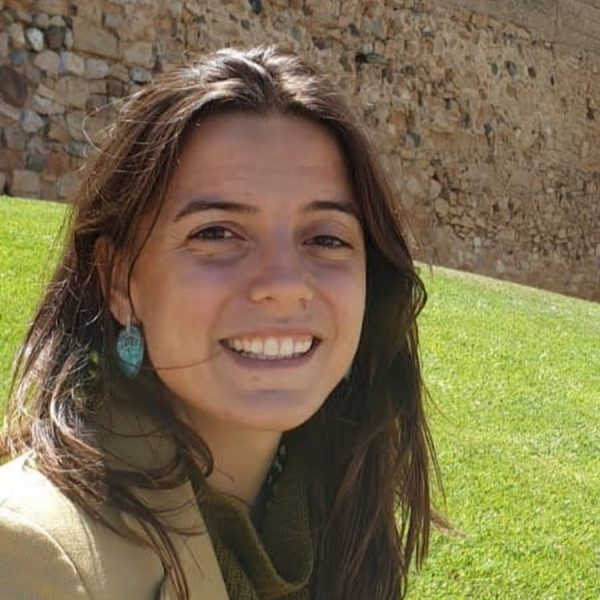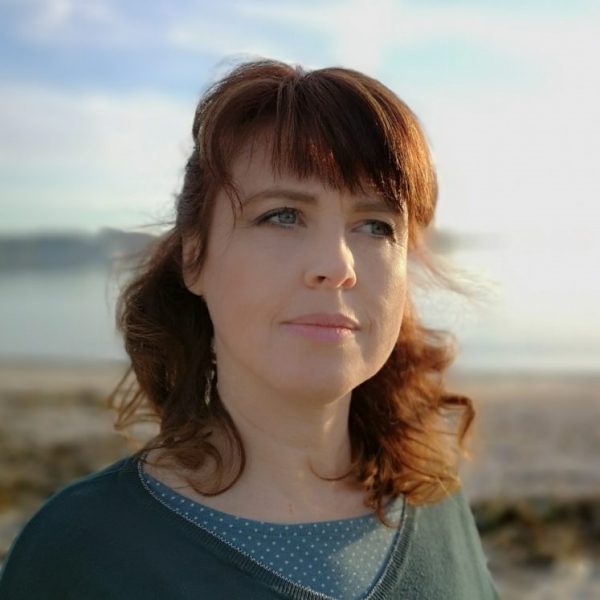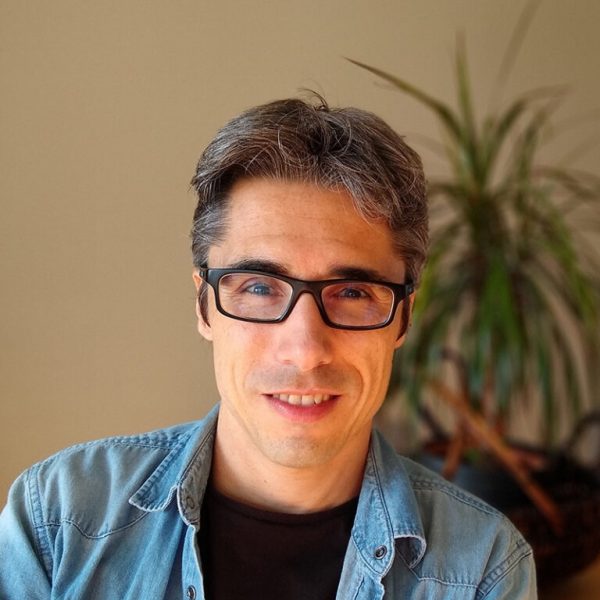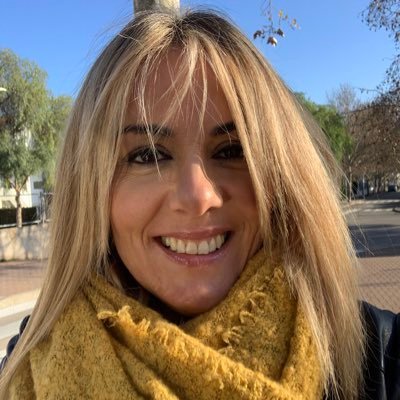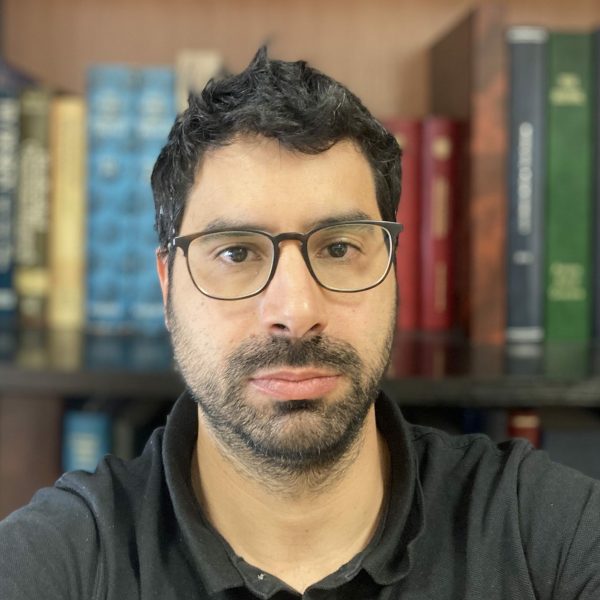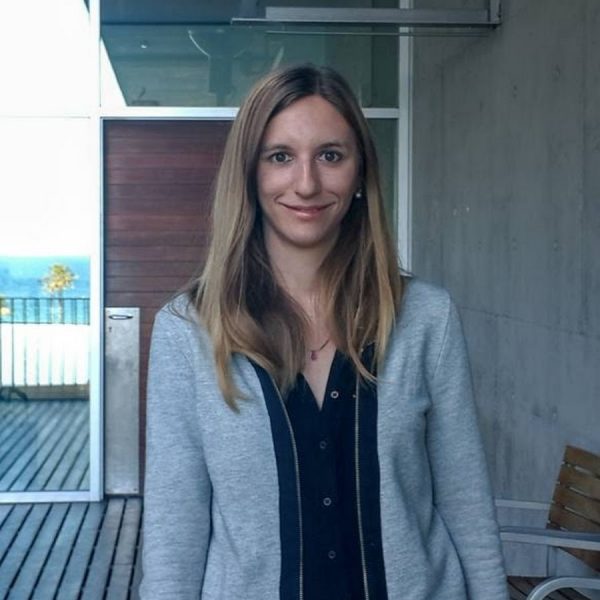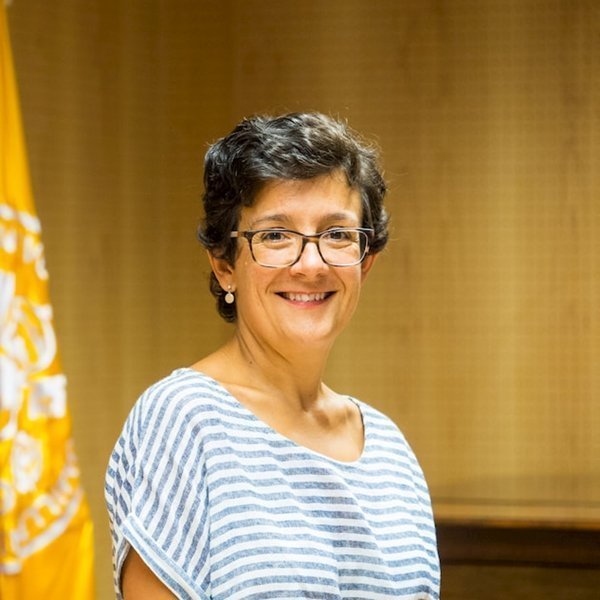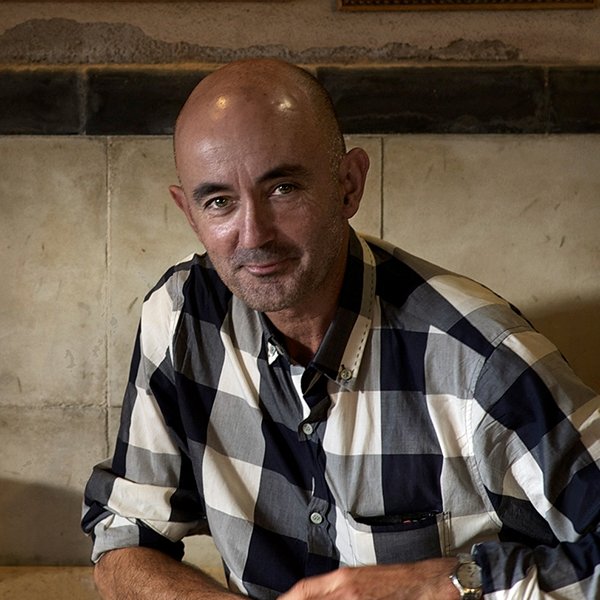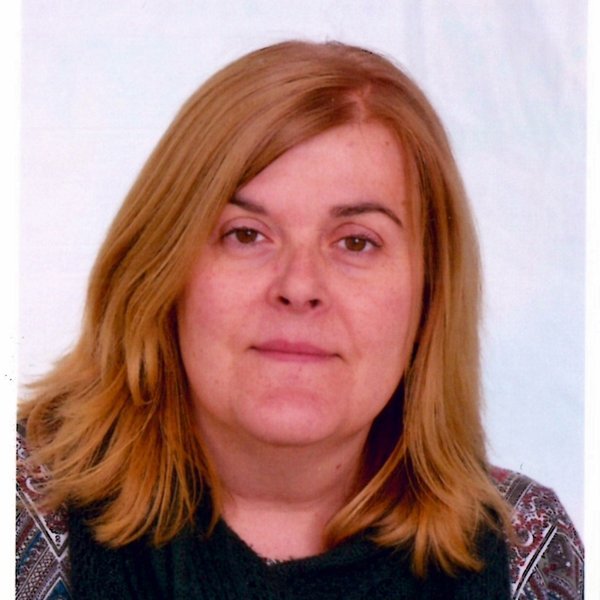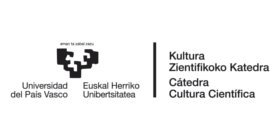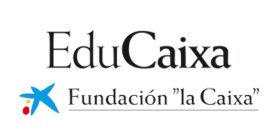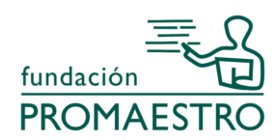Fundación Promaestro carries The evidence of education to all of Spain, with the aim of bringing teachers and the entire educational community closer to the latest findings of scientific research in education and related areas. Through workshops and presentations, an outstanding group of experts and professionals in the educational field present the empirical evidence that supports different claims, practices and methodologies. Thanks to
The evidence of education
scientific knowledge is really put at the service of day-to-day life in the classroom.
The evidence of education: nuevo currículo (Madrid, 2023).
Presentations and resources for the Madrid edition are available.
Research for pedagogical renovation (Valencia, 2023).
For the first time in Valencia! See the complete program.
The evidence of education
Lectures, webinars and videos for evidence-driven education
Evidence, issues and resources
What evidence exists on the use of technology in the classroom? What about bilingual education programs? What are the main reading difficulties and how can we prevent them? What does scientific research tell us about motivation and learning? How can we effectively promote innovation in schools? How does neuroscience contribute to inclusive pedagogical practice? In what context and under what conditions does Project Based Learning work?
Enter the chronicles of each face-to-face edition and of each #PruebasEDU webinar held, download the materials and discover the answers to these and many other questions.
Our speakers
Nuno Crato
Mathematician, statistician, writer, teacher and researcher at the University of Lisbon. He served as Portugal’s Minister of Education and Science from 2011 to 2015, and currently chairs Educação InitiativeThe Foundation is an entity created to support students in vulnerable situations and at risk of dropping out of school through three lines of action: reading comprehension programs, support for vocational training and dissemination of knowledge and educational evidence.
Jorge Úbeda
Promoter and director of the Promaestro Foundation. D. in Philosophy with more than twenty years of teaching experience in Secondary, High School and Graduate Schools. He is currently an associate professor in the Faculty of Philosophy at the Complutense University of Madrid. He gives lectures, courses and workshops for teachers and philosophy courses for all types of audiences, as well as collaborating as a volunteer teacher in cultural classrooms in prisons. He has published the books ‘La infancia y el filósofo’ (2012), ‘Manual para ignorantes’ (2015) and ‘Ética humana’ (2016).
Ana Hernandez
Professor of Secondary Education specializing in Drawing and head of studies at IES Julio Verne in Leganés (Madrid). She has a degree in Fine Arts and Psychology, a PhD in Fine Arts and a Master’s Degree in Contemporary Fine Arts. She is Secretary General of the Asociación Mejora tu Escuela Pública (MEP). His school, the IES Jules Verne, is known for its project of teachers and open-door classrooms: up to seven teachers of different subjects congregate in the same classroom to teach several groups of ESO, using History as the backbone.
Ainara Zubillaga
Director of Education and Training of the Cotec Foundation for Innovation. D. in Educational Sciences from the Complutense University of Madrid and a degree in Pedagogy. Teacher and researcher, she is a member of the national network REDUNI+D (Red Universitaria de Investigación e Innovación Educativa) and of the research team INDUCT (Inclusion, Universal Design, Cooperation and Technology). Her lines of research include, among others, teacher training in the didactic use of technologies, the integration of digital didactic resources in inclusive learning environments and the accessibility of technological and curricular elements in the educational processes of students with disabilities.
Isabel Rivero
After three years as a translator in China, she returned to Spain to train as a teacher in highly complex environments. Since then, she has worked in a challenging high school in Madrid and participated in the educational leadership program of Empieza por Educar. Outside the classroom, she has worked as a consultant and teacher trainer on issues related to educational equity and educational research.
Digna Couso
Degree in Physics and PhD in Science Education. Professor of Science Didactics at the Faculty of Education of the Autonomous University of Barcelona and Director of CRECIM (Research Center for Science and Mathematics Education). She participates in different national and European research projects and her main lines of research include research based on the participatory design of teaching and learning materials, initial and continuing teacher training in science education as a scientific practice and the STEAM movement from an equity perspective.
Héctor Ruiz Martín
Héctor Ruiz Martín directs the International Science Teaching Foundation, where he researches the cognitive psychology of memory and learning in school contexts. Advisor to schools, educational organizations and governments in Europe, Asia and the Americas, and author of the following books How do we learn? A scientific approach to learning and teaching (Editorial Graó) and Aprendiendo a aprender ( Vergara), among others. His work focuses on building bridges between scientific research on how people learn and educational practice.
Juan Cruz Ripoll
Juan Cruz Ripoll is a teacher specialized in Hearing and Language, psychopedagogue and doctor in Education. He works as an academic counselor at the Santa María la Real School in Sarriguren (Navarra) and collaborates with the University of the Americas and the University of Navarra, where he is an associate professor. She has published scientific articles on reading comprehension, learning disabilities and ADHD.
Maria Espinet
Maria Espinet holds a MEd in Curriculum Innovation from the University of British Columbia. There, she worked as a professor for the Master’s Degree in Teaching, as well as a researcher for several university groups in relation to evaluation and innovation in educational centers. After three years as a secondary school teacher at the Jesuits in Barcelona, she joined EduCaixa (La Caixa Foundation) as head of the Evidence line with the aim of promoting Evidence-Based Education.
Daniel Albertos Gómez
Daniel Albertos Gómez is a secondary school teacher, has a degree in Biological Sciences, is an educator and holds a PhD in Education. He is currently head of the Biology and Geology Department at IES Carpe Diem (Fuenlabrada, Madrid) and has been associate professor at the Antonio de Nebrija University and UNIR. He is the author of the A guide for implementing critical thinking in the classroom. The dance of the starlings (Editorial Pirámide).
Fátima García Doval
Fátima García Doval has been an English, PT and AL teacher and a school principal. Bachelor of Arts in Philosophy and Science. of Education (UNED), PhD in Didactics and Educational Organization (USC). She is a secondary school counselor and works at the Department of Culture, Education and University of the Xunta de Galicia. He maintains two lines of research, one linked to augmentative communication and universal accessibility (ACCEGAL project) and the other on the history of education.
Pablo Beltrán-Pellicer
Pablo Beltrán Pellicer is professor and researcher in the area of Didactics of Mathematics at the University of Zaragoza. D. in Didactics, he has taught in secondary public school in Aragon and his lines of research include teaching through problem solving, teacher training and Didactics of Mathematics, among others.
Mª Carmen Miquel Cortés
M.ª Carmen Miquel Cortés is a primary school teacher and speech therapist, with more than twenty years of experience. She is currently the director of CEIP La Pea (Vilamarxant, Valencia). She is a specialist in evaluation and programming for key competencies, teaches tutoring courses at INTEF and is accredited as a trainer in ABN methodology.
Enrique Navarro Asencio
Enrique Navarro Asencio holds a PhD in Education and is a professor at UCM. He coordinates the Master in Educational Research and is editor-in-chief of Bordón Revista de Pedagogía. He has conducted research stays at the Center for the Study of Testing, Evaluation, and Educational Policy and the Northwest Evaluation Association. His main lines of research deal with the evaluation of academic performance and the study of the quality of measurement instruments.
Marta Portero Tresserra
Marta Portero Tresserra holds a PhD in Neurosciences and teaches Psychobiology at the UAB and the degree of Medicine at the University of Girona, is a consultant for the Universitat Oberta de Barcelona and a researcher in the Neurobiology of Learning and Memory group at the Institute of Neurosciences of the UAB. In addition, she is the author of several articles published in specialized journals and co-author of the book 10 ideas clave Neurociencia y Educación (Editorial Graó).
Ana Berástegui
Ana Berástegui holds a PhD in Psychology. She is Director of the University Institute of the Family at Comillas Pontifical University and a researcher specializing in family issues and social vulnerability, disability and parenting in difficult contexts.
Alfredo Oliva
Alfredo Oliva has a PhD in Psychology and is a professor at the University of Seville specialized in the processes of socio-emotional development during adolescence: family relationships, relationships with peers and sexuality.
Nuria Sala Benet
Nuria Sala Benet, pedagogue, secondary school teacher and principal of IES Gúdar-Javalambre (Mora de Rubielos, Teruel). Its center has been part of the Positive Development Program for Adolescents Residing in Rural Areas (DPAR).


